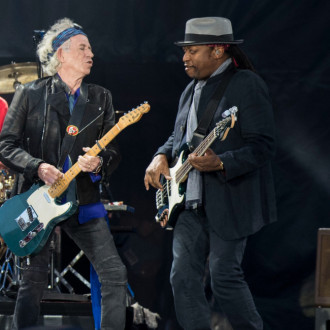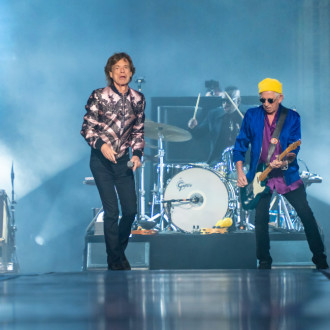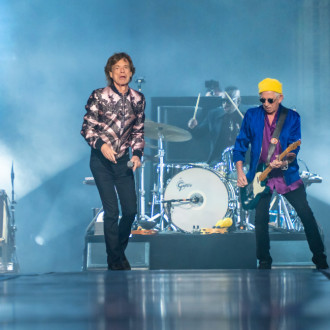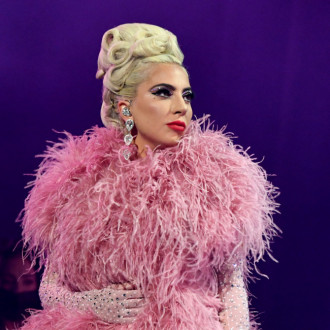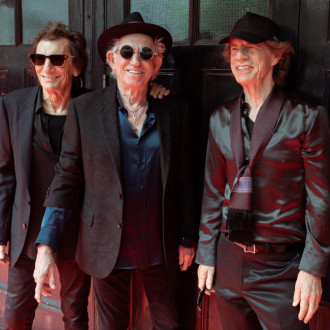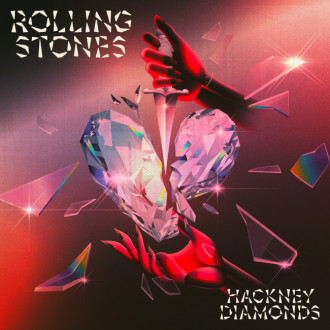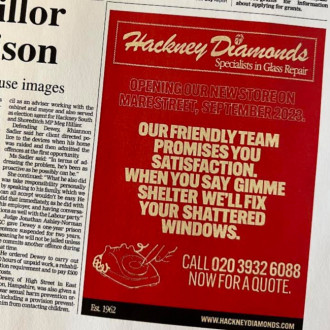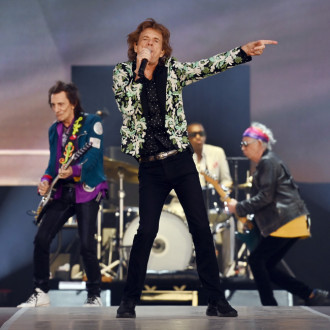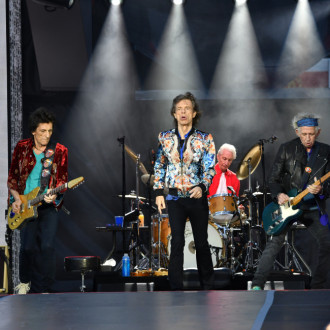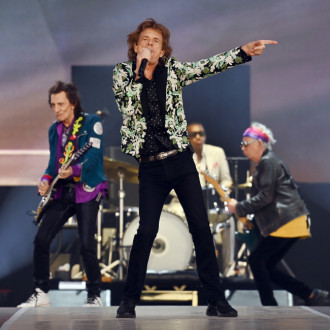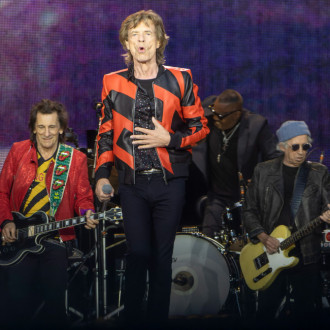Poster For The Rolling Stones' 'Exhibitionism' Censored By Regulators
By Ed Biggs in Music / Festivals on 09 July 2015
The poster was deemed too risque by advertising authorities in the English capital, and will be altered before its release next Monday.
The Rolling Stones have expressed their puzzlement at the decision taken by London Underground to censor the promotional poster for their upcoming exhibition at tube stations around the capital.
On Wednesday (July 8th), The Guardian reported that the poster, featuring the band’s iconic ‘lips and tongue’ logo over the crotch area of a scantily clad woman, had been rejected by regulators in charge of advertising standards. Exterion Media, as well as bus regulators Clear Channel, both deemed the image too suggestive.
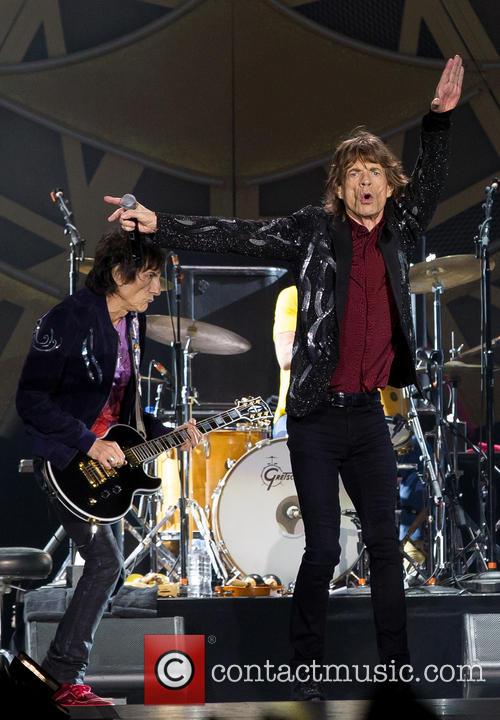 The Rolling Stones playing in July 2014
The Rolling Stones playing in July 2014
The Rolling Stones’ management has reacted to the news in a statement which read: “We are dumbfounded and perplexed at this rather silly decision. Perhaps something to do with the fact that it’s the Rolling Stones and controversy still seems to follow them everywhere.”
More: The Rolling Stones talk about upcoming exhibitionism
When the poster campaign launches next Monday (July 13th), tube and bus stops will see an altered version of the neon-tinged image with the logo placed over the woman’s belly button instead. The rest of the UK will see the original version. The poster is the work of British graphic designer Mark Norton, who had the help of Mick Jagger and Charlie Watts.
Those of you with very long memories might recall that this isn’t the first time a Stones poster has courted controversy. A 1976 promotional image for their album Black & Blue, which featured actress Anita Russell tied up with bruises on her face, was taken down from billboards in America after it caused outrage.
A fortnight ago, the rock legends announced plans for ‘Exhibitionism’, which will feature paraphernalia spanning their 50 year history, at the Saatchi Gallery in 2016. Tickets go on sale on Friday July 10th.
Contrary to reports, the band has assured fans that it has no plans to split up after the exhibition has finished. "The exhibition is an insight into ongoing machine and institution that will never stop rumbling," said guitarist Ronnie Wood.
More: Hear Eric Clapton on alternative take of ‘Brown Sugar’, previously unreleased
Contactmusic
Advertisement
Movies and Trailers
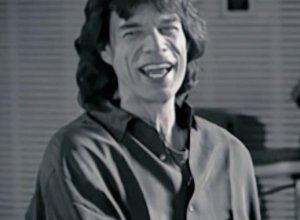
Rolling Stones Totally Stripped Trailer
In 1995 The Rolling Stones released an album called Stripped. It featured a number of...
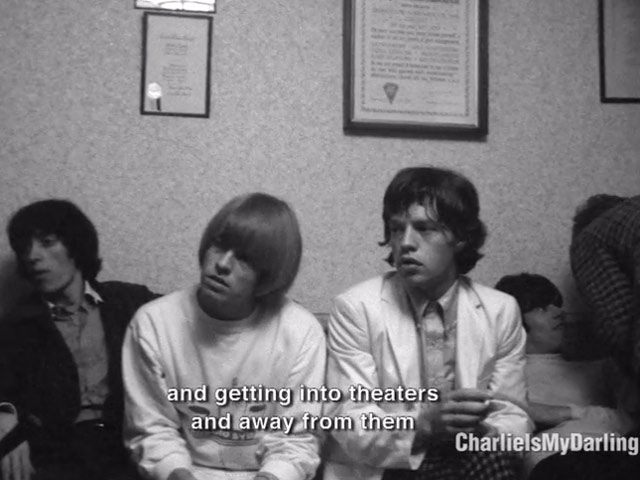
Charlie Is My Darling Trailer
The Rolling Stones may not have released an album for eight years, but they are...

Crossfire Hurricane Movie Review
Watching the Rolling Stones' home movies while they reminisce on the soundtrack is thoroughly entertaining,...
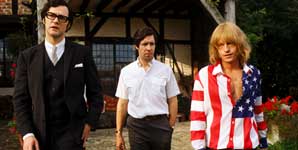
Stoned The Brian Jones Story Trailer Video Stream Trailer
Short Synopsis Brian Jones was more than just "a Rolling Stone", he was their founding...
